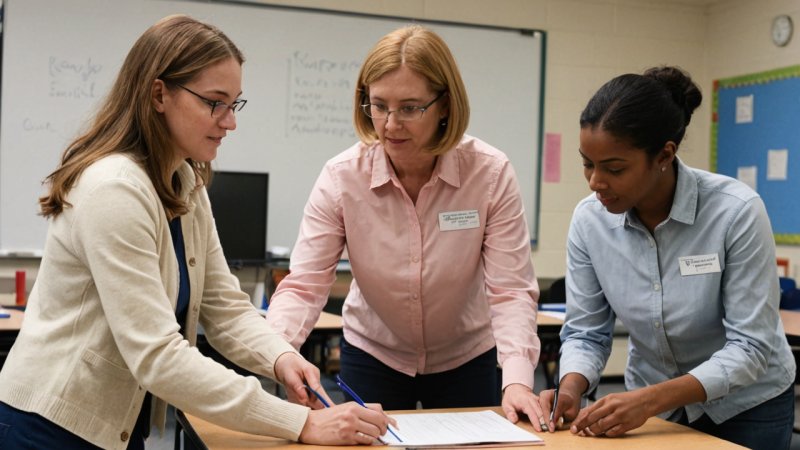What is the role of volunteers in education reform?
Volunteers play a crucial role in education reform by bringing diverse skills, perspectives, and resources to schools and educational programs. They often support teachers, mentor students, and help develop community engagement initiatives.
How can volunteers contribute to improving educational outcomes?
Volunteers can contribute to educational outcomes by providing one-on-one tutoring, organizing extracurricular activities, assisting with classroom management, and helping to create a supportive learning environment that promotes student success.
What skills do volunteers typically bring to educational programs?
Volunteers often bring a variety of skills including teaching experience, subject matter expertise, communication skills, and a passion for mentoring and community service. Many also have backgrounds in psychology, social work, or youth development.
What are some examples of successful volunteer-led education initiatives?
Successful initiatives include after-school tutoring programs, literacy campaigns, community workshops, and mentorship programs that connect students with professionals in various fields. Organizations like Teach For America and local nonprofit groups often lead these initiatives.
How can someone get involved as a volunteer in education reform?
Individuals can get involved by reaching out to local schools, community organizations, or educational nonprofits. Many offer volunteer programs that allow individuals to contribute their time and skills in various capacities.
What challenges do volunteers face in education reform?
Volunteers may face challenges such as limited resources, lack of training, and difficulties in engaging students or parents. Additionally, navigating bureaucratic systems in schools can sometimes hinder their effectiveness.
How can volunteers measure their impact on education reform?
Volunteers can measure their impact by tracking student progress, gathering feedback from teachers and students, and analyzing data related to attendance, grades, and overall student engagement. Regular reflection and evaluation help to assess effectiveness.
What are the long-term benefits of volunteer involvement in education reform?
Long-term benefits include improved educational outcomes for students, stronger community ties, and the development of a culture of volunteerism. Volunteers can inspire a new generation of educators and community leaders, fostering a commitment to lifelong learning.
Can volunteering in education reform lead to career opportunities?
Yes, volunteering can open doors to career opportunities in education and related fields. It provides valuable experience, networking opportunities, and skills that are attractive to employers in education, social work, and nonprofit sectors.






